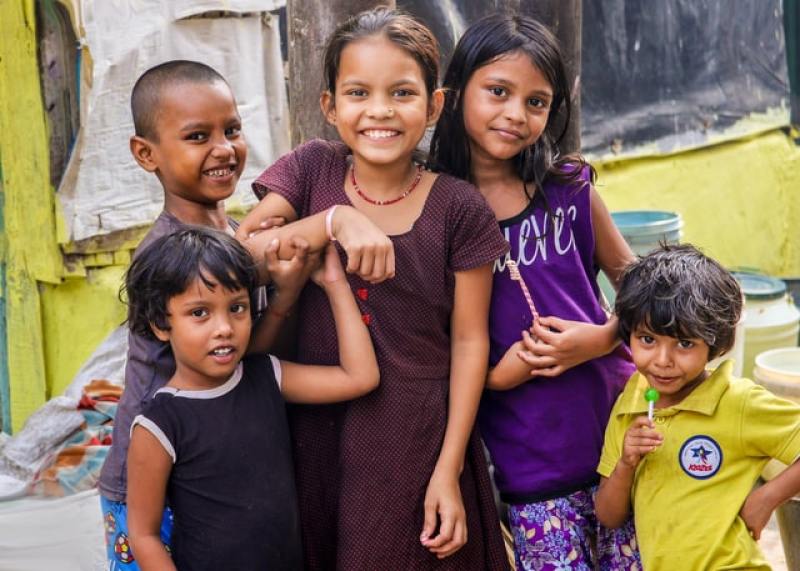
Indian authorities recently banned a Christian community from gathering for worship services
On Jan. 4, Indian police officials banned the Christian community in Bannimardatti village from gathering for worship services. The authorities asked the believers to show proof that they are Christians and later accused them that their Christianity was not acquired by birth but officials alleged that they were just converted believers.
The Deputy Superintendent of Police gathered 15 Christian families in Bannimardatti village, located in the Hassan District for a meeting. During the meeting together with police officials, DSP falsely accused the Christians of availing government benefits for Hindus and for Christians as well, the International Christian Concern (ICC) reported.
The DSP challenged the believers to prove that they are truly Christians by showing proof. The superintendent later said that since none of the approximately 50 believers were born Christians, they probably were converted to Christianity by fraud.
By accusing that the group of believers was not Christians by birth, officials justified that it is right in the constitution for them to prevent the people from gathering for worship service. The ban on worship gathering was immediately implemented for an indefinite duration.
Meanwhile, local Christians believe that the ban on worship service is not about the false accusations that they are collecting government benefits as Hindus and Christians. They see it more as an effort to suppress their freedom to exercise religion.
"This is the final attempt of Hindu radicals using the state police to clamp down on Christian activities," a local Christian who refused to be named told ICC. "They have tried everything including social boycotts and physical beatings. However, local Christians remained faithful in the midst of continued harassment," the anonymous believer added.
Christians that go through the same experiences of persecution and tight rule implementation because of their faith rely on Article 25 of the Indian constitution for their protection. Article 25 says that Indian citizens have the freedom to profess, practice, and propagate any religion that they would prefer.
However, citizens of the Bannimardatti village do not see the protection that Article 25 of the constitution provides them. Instead, they fear that the latest order will only make things harder for believers like them.
"There is no freedom whatsoever to gather for worship and practice the faith of our choice," said a local pastor from the community. "The divide between communities is growing and the anti-conversion law that the state government of Karnataka is trying to enact will worsen the situation for religious minorities," the pastor added, according to ICC.
The order from the village's DSP adds up to Christian persecutions worsened by the pledge to enact a law from Karnataka's state government. The pledge headed by Bharatiya Janata Party (BJP) politicians aims to criminalize fraudulent religious conversions and to have clear rules of implementation on religious conversions.
Reports reveal that Radical Hindu nationalists often abuse laws similar to the DSP's order. False accusations of Christians forcefully or fraudulently converting citizens often become a justification for harassment and assault. However, ever since the anti-conversion law was implemented in 1967, India still does not have any record of individuals convicted of forced conversion.























